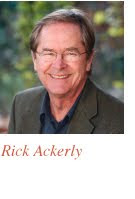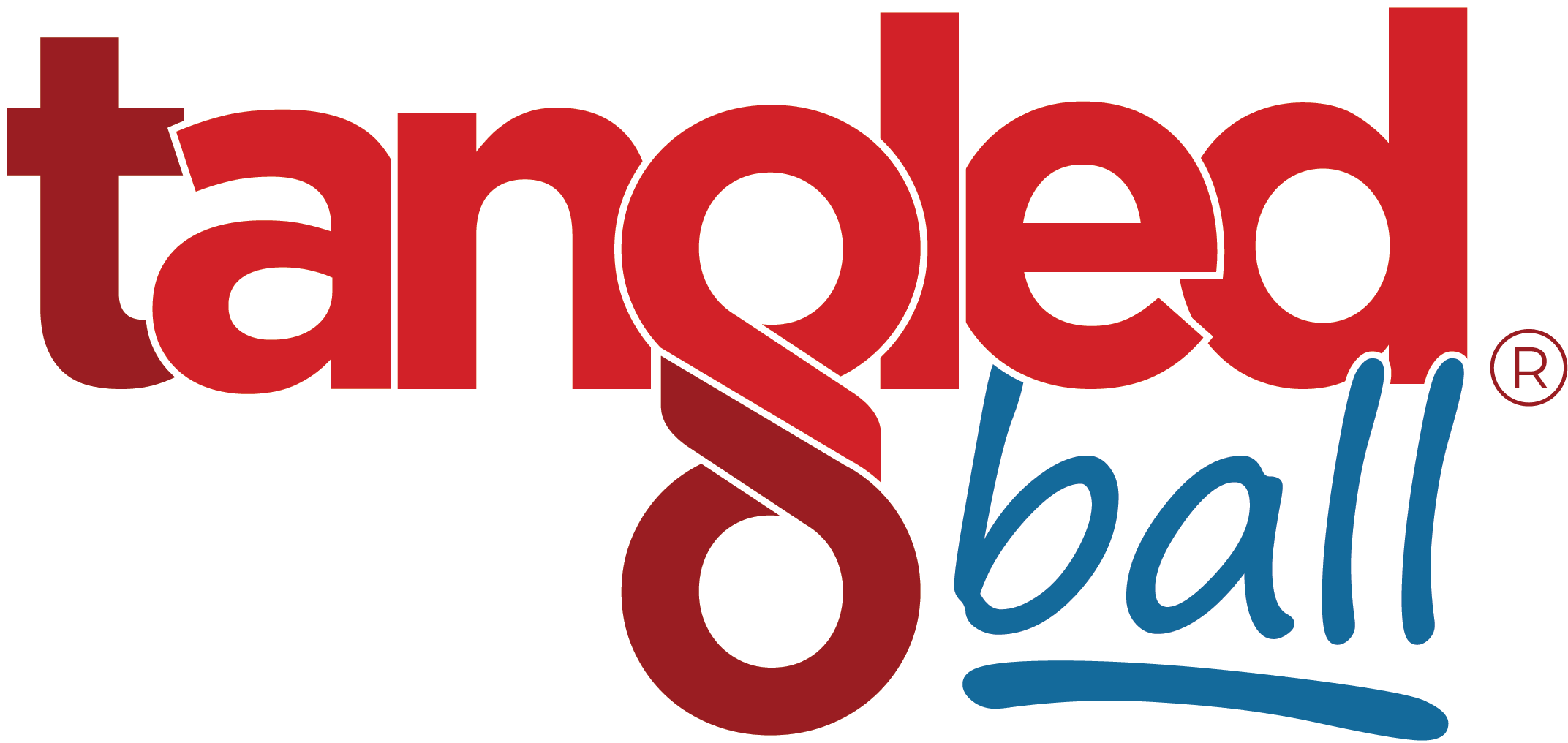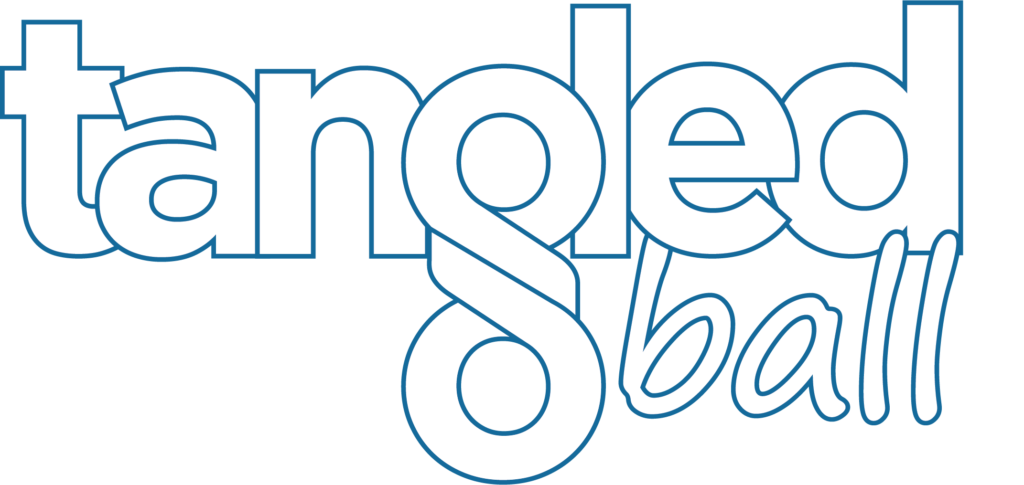
I follow Rick Ackerly’s blog, The Genius in Children (and his book, The Genius in Children: Bringing out the best in your child is a must if you’re a parent or an educator.) Rick is a nationally known author, speaker and educator but I like to call him “the school fix-it guy”. His approach to education and to kids, in general, is really refreshing. He tells it like it is and treats kids like people, meaning they have a lot going on in their brains and hearts. I asked him the following question. And although, I love his entire answer, I especially like what he says about “labeling” kids. (I also love the ten Disciplines of a Learner and the fact that when he was a principal, he had it printed on the report card.)
Is there a place for teaching empowerment in schools? If so, how important is it to the success of the individual student and to the school as a whole?
Yes, of course, schools should teach empowerment, it is in fact their job. Empowerment is critical to the success of the individuals in the school (adults as well as children). It is, also, critical to the success of the school as a learning community—even if it only aspires to be a teach-and-test academy.
Because of all the baggage around words like power, empowerment, powerful people, I have rarely used them. I think it is slightly better to say: In a good school the measure of a person’s authority is their ability to increase the authority of others. A good principal increases the authority of the teachers, the teachers increase the authority of the students. The quality of adult authority is a function of the degree to which it increases the authority of the children. (Yes, I am trying to change the way we normally think of authority.) Isn’t that one way to look at an educated person: she’s an authority on something?
To begin with, naming types of people is worse than useless. Our brains take to it naturally, but we need to exercise a certain set of mental disciplines to resist the temptation and, instead, strive toward seeing ourselves and others as unique. One could define education as the process of transcending the generalizations we make of ourselves and others, because the purpose of education is accurate self-definition, and generalizations are distortions of reality.
As all good doctors are charged with helping people learn how to take care of themselves, all teachers and parents should be charged with helping students have a growth mindset about themselves. In my vision children would never be named bully or victim, because once you have a label in your head, you spend the rest of your life being NOT that, and you are off the track of defining yourself; you have let a label frame your development.
In order to change behavior, we have to change the cognitive constructs of the social context, and to do that we have to change our language. If I am on either end of a bully-victim continuum, then my goal is to be somewhere in between, and I will spend the rest of my life trying to be neither here nor there. But my job, remember, is to define myself uniquely in the world.
It is more empowering to have two continua: “takes a stand” more or less, and “cares for others” more or less. I can evaluate my progress toward self-actualization by using a four point scale with 4 being “consistently” and 1 being “rarely.” Of course, I would want to be “4” on both.
Speaking for myself, for example, when I was in grade school, I was a 2 (“sometimes”) on the first scale and a 3 (“usually”) on the second. I avoided conflict (and bullies). When in trouble, I usually presented the jugular vein. People liked me because I geniunely cared about all people, especially the underdogs. I was often elected president of the class. Becoming all I could be in the world has required that I learn to go nose to nose with people without getting mad, stating my position clearly and firmly without trying to defeat the other person. It has been the challenge of a lifetime, and although most people would give me an “outstanding” on “takes a stand,” and although I might sometimes give myself a “4,” I know that I still have a natural tendency to present the jugular vein and usually try to defuse conflict with humor or charm. I rarely go nose to nose with people, and feel that that somehow makes me less of a man, even though I know it’s not true. At the age of 66 I am still working to fulfill the image I have defined for myself.
To help people toward this double-headed challenge of defining Self in Relationship parents and teachers can establish a set of disciplines. At my last two schools we put the following list of ten “Disciplines of a Learner” on page one of the report card.
“Disciplines of a Learner:”
1. Asks questions
2. Speaks up
3. Uses mistakes as learning opportunities
4. Takes criticism constructively
5. Builds on other people’s ideas
6. Welcomes a challenge
7. Takes risks
8. Listens with an openness to change
9. Perseveres in tasks
10. Knows when to lead and when to follow.
Notice that one could actually count the defined behaviors and use the 4 point scale more or less objectively. If all schools focused on graduating eighth graders who are skilled at using all the tools in this toolbox, all of our graduates would be great learners, great leaders and great students—powerful people.
As I wrote in “Banishing Bullying” A person’s behavior is strongly influenced by the social context. Establishing these disciplines as normative in a school can have a powerful effect on all other aspects of school culture and create the conditions in which victims nearly disappear and bullies are more easily confronted and changed into truly powerful people.
Genius, Rick!





